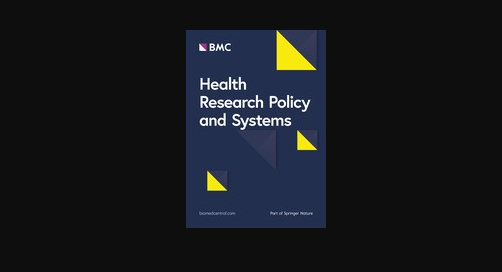Learning from intersectoral initiatives to respond to the needs of refugees, asylum seekers, and migrants without status in the context of COVID-19 in Quebec and Ontario: a qualitative multiple case study protocol
Background
Refugees, asylum seekers, and migrants without status experience precarious living and working conditions that disproportionately expose them to coronavirus disease 2019 (COVID-19). In the two most populous Canadian provinces (Quebec and Ontario), to reduce the vulnerability factors experienced by the most marginalized migrants, the public and community sectors engage in joint coordination efforts called intersectoral collaboration. This collaboration ensures holistic care provisioning, inclusive of psychosocial support, assistance to address food security, and educational and employment assistance. This research project explores how community and public sectors collaborated on intersectoral initiatives during the COVID-19 pandemic to support refugees, asylum seekers, and migrants without status in the cities of Montreal, Sherbrooke, and Toronto, and generates lessons for a sustainable response to the heterogeneous needs of these migrants.
Expertise
Statut précaire et migrationMembres et équipe SHERPA

Lara Gautier
Professeure adjointe, Département de Gestion, d’Évaluation et de Politique de Santé, École de Santé Publique, Université de Montréal

Naïma Bentayeb
Chercheure d'établissement, Institut universitaire SHERPA, CIUSSS Centre-Ouest-de-l'Ile-de-Montréal

